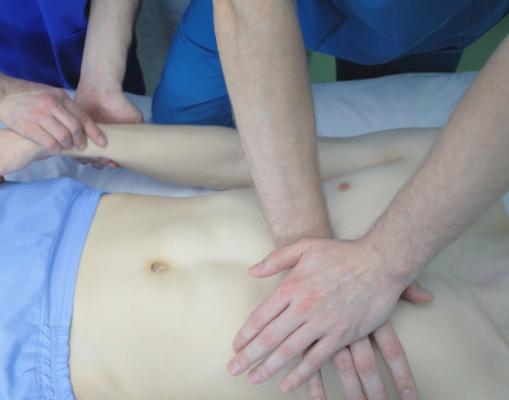
getty images
July 28, 2022 — In 2020, a team of cardiovascular experts from the Lankenau Institute for Medical Research (LIMR), part of Main Line Health, used experimental models to discover that a natural product found in plants including safflower holds promise for treating a pair of hereditary sudden cardiac death syndromes.
Now, collaborators from LIMR and Mayo Clinic have provided clinical evidence in a new study that acacetin may be the new agent for which cardiologists have been searching. Results were published earlier this month in the journal Circulation: Genomic and Precision Medicine.
“These findings give us optimism that our pioneering work at LIMR will translate into results that save patient lives,” said Charles Antzelevitch, PhD, executive director of LIMR’s Cardiovascular Research Program. “Further studies are clearly warranted to better understand the mechanisms by which acacetin can be beneficial in the treatment of cardiac arrhythmias.”
Antzelevitch and Mayo’s Michael J. Ackerman, MD, PhD, served as senior authors. ir, PhD, a LIMR research professor, was a coauthor.
In the study, LIMR and Mayo investigators demonstrated that acacetin exerts its beneficial effects by altering ion channel activity within the cells of the heart.
Brugada syndrome and early repolarization syndrome fall under the umbrella of J-wave syndromes. They have overlapping cellular and genetic features characterized by irregular heart rhythms. Brugada syndrome affects about 5 of every 10,000 people worldwide. People with it can often die in their sleep. Early repolarization is a common finding in electrocardiograms, but recent studies show the usually benign condition can lead to sudden cardiac death secondary to development of cardiac arrhythmias.
J-wave syndromes have been the focus of increasing interest in the cardiology community over the last quarter-century. Antzelevitch and his colleagues have pioneered studies focused on the cellular and genetic basis for these life-threatening syndromes over that period.
The new study focused on a Brugada syndrome patient with a mutation in the KCND3 gene. Mayo performed testing with induced pluripotent stem cells, which are derived from skin or blood cells that have been reprogrammed to differentiate into cardiomyocytes, cells responsible for the contracting force in the heart.
Acacetin is a compound distributed in numerous types of plant pigments and is responsible for many of the colors in nature. The research teams believe it may be superior to quinidine, which is one of the current pharmaceutical options for treatment of the J-wave syndromes.
Acacetin is also considered an attractive therapeutic target to treat inflammatory and immunological disorders.
For more information: https://www.mainlinehealth.org/


 January 05, 2026
January 05, 2026 









